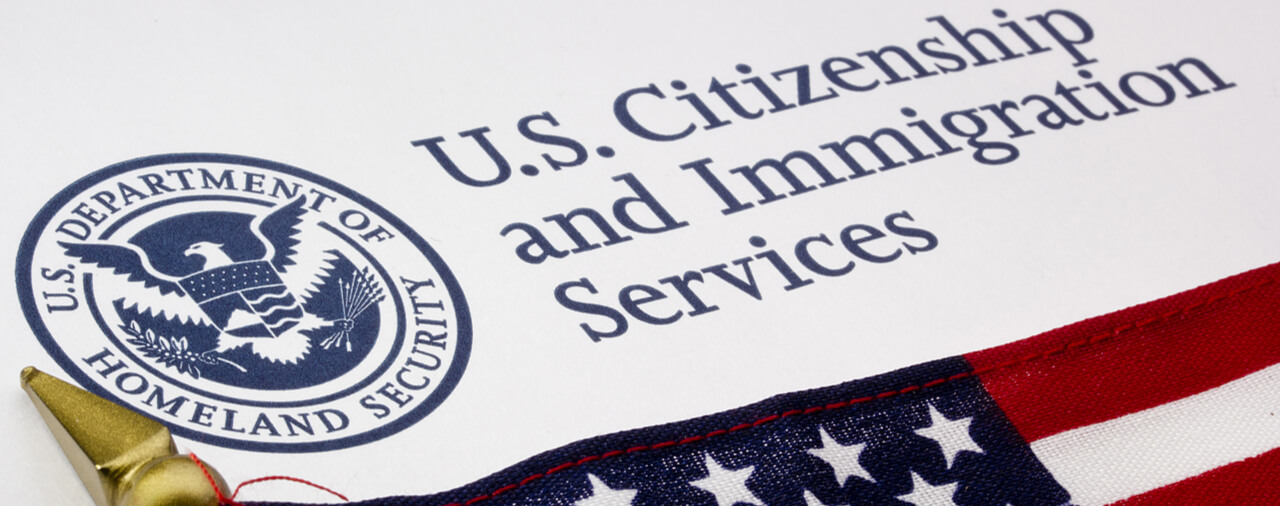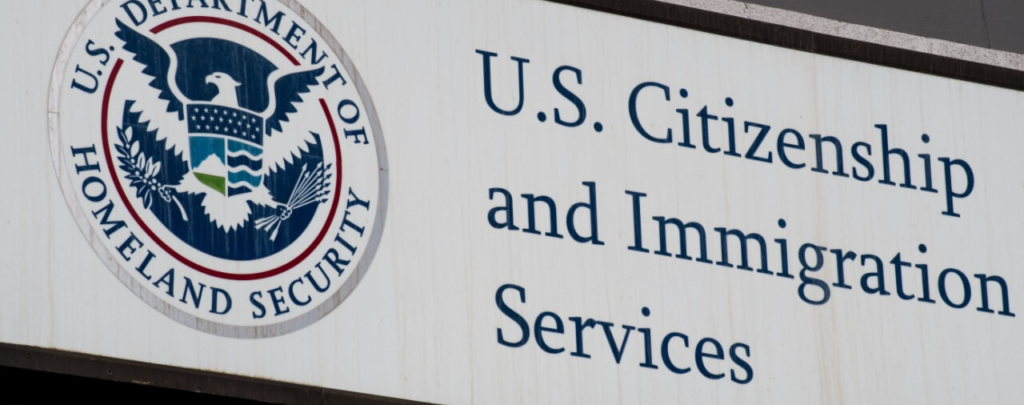On August 2, 2019, the United States Citizenship and Immigration Services (USCIS) announced its intention to terminate the following two categorical parole programs [PDF version]:
Haitian Family Reunification Parole program.
Filipino World War II Veterans Parole program.
Both of these programs allowed certain individuals with approved family-based immigrant visa petitions to enter the United States as parolees while they waited for an immigrant visa number to become available. The termination of the programs will end the categorical expedited processing available to individuals who previously qualified.
Current parolees under both programs will maintain their current periods of parole until those periods expire, unless parole is terminated on other grounds. The USCIS will also process all pending cases under both programs to their completion. Current parolees who have not yet adjusted immigration status or been admitted may request parole under the regular, non-categorical parole process, by filing the Form I-131, Application for Travel Document, in accordance with the form instructions.
The USCIS explained that its decision to terminate these two categorical parole programs is in accord with President Donald Trump’s Executive Order 13767, Border Security and Immigration Improvements (Jan. 25, 2017) [PDF version], which stated that it was the policy of the Administration to end the categorical parole programs and which directed the Secretary of Homeland Security to ensure that parole authority is exercised on a case-by-case basis. Acting USCIS Director Ken Cuccinelli stated that individuals who would have otherwise benefitted from the categorical parole programs will now be subject to the same parole rules and considerations as all other individuals. He added that “[p]arole is to be used on a case-by-case basis for urgent humanitarian reasons or significant public benefit. USCIS is committed to exercising this limited authority in a manner that preserves the integrity of our immigration system and does not encourage aliens to unlawfully enter the United States.”
The statement adds that the USCIS is reviewing other categorical parole programs that remain extant.
Individuals who are already benefitting from the Haitian Family Reunification Parole program or the Filipino World War II Veterans Parole program may consult with an experienced immigration attorney for a case-specific assessment of how the USCIS’s decision affects their cases. So too may individuals with pending applications under either program or who were planning to pursue parole status. It is possible, if not likely, that the USCIS’s decision on one or both programs will be challenged in court. Furthermore, it is possible that Congress may consider passing legislation to preserve the essence of one or both programs, which is exactly what it did after the USCIS terminated a categorical parole program for certain residents of the Commonwealth of the Northern Mariana Islands [see blog]. We will update the website with more information on either of these programs if it becomes available.
We discuss the Filipino World War II Veterans Parole program — which is now being phased out — in a separate article on site [see article].





